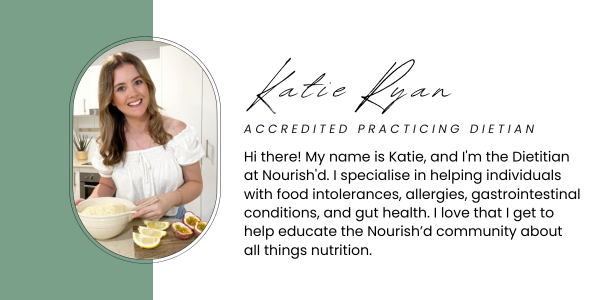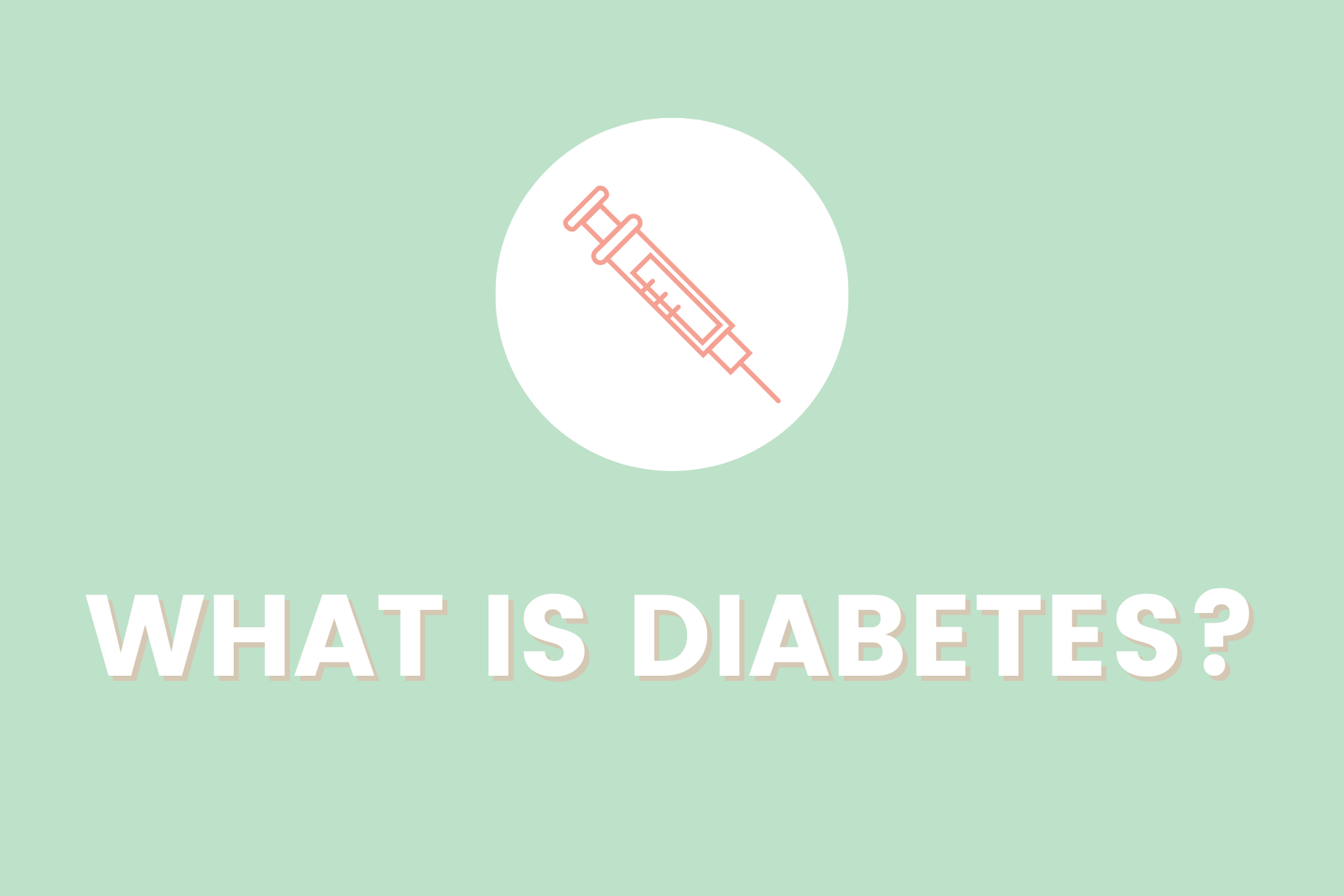Diabetes Mellitus, AKA Diabetes, is a condition that results in too much sugar (glucose) in the blood. This is because someone with Diabetes either cannot make any insulin, not enough insulin, or cannot use the insulin it's making effectively. Too much sugar in the blood for a long period of time can result in complications affecting the heart, kidney, eyes, and feet.
What types of foods cause too much sugar in the blood:
Carbohydrates are the fuel for our bodies. When we eat carbohydrates, our bodies break down carbohydrates into sugar (glucose), which enters our bloodstream to be utilised for energy around our body. Without carbohydrates, our bodies are unable to use sugar (glucose) as our energy source. In this instance, our bodies will use fat and protein for energy in the absence of carbohydrates.
What is insulin:
Insulin is a hormone that is produced in the body by our pancreas. In someone without diabetes, insulin helps deliver the sugar (glucose) to cells in our bodies that are requiring energy. Whereas, in someone with Diabetes, in the absence of insulin, the sugar is unable to be delivered to the cells in our bodies that are requiring energy, and therefore the sugar remains in the bloodstream. This results in High Blood Sugar / Glucose Levels (BSL’s / BGL’s), an important measure used to monitor your diabetes.
Effects of High Blood Sugar Level’s:
Having high blood sugar levels can make you:
- Feel tired
- Urinate frequently
- Thirsty / Dehydrated
- Blurred vision
- Weight gain or weight loss
- Headaches
- Dizziness
- Leg cramps
- Slow healing wounds
If you have diabetes and don’t manage your blood sugar levels, they remain high. Long term high blood sugar levels can result in damage to your:
- Blood vessels and nerves
- Heart
- Kidneys
- Eyes
- Feet
This is why early diagnosis for Diabetes is important! The earlier the diagnosis, the better to minimise long term health complications.
Type 1 vs Type 2 Diabetes:
One in 20 Australians are living with all types of Diabetes. And all types of diabetes are on the rise. There are three main types of diabetes:
- Type 1 Diabetes - accounts for 9% of diabetes in Australia
- Type 2 Diabetes - accounts for 87% of diabetes in Australia
- Gestational Diabetes (only affects pregnant women) - accounts for 3.4% of diabetes in Australia
Type 1 Diabetes is an autoimmune condition that someone is born with. In someone with Type 1 diabetes, the body’s immune system destroys the cells in the pancreas that produce insulin. This means people with Type 1 diabetes do not produce any insulin, and are therefore dependent on insulin medication every day to replace the insulin their bodies do not make.
Type 2 Diabetes is the most common type of diabetes in Australia, and it is also increasing in prevalence the fastest. However, sadly many Australians are living with undiagnosed Type 2 Diabetes that can cause silent damage to the body if left undiagnosed. Type 2 Diabetes is a condition where the body is unable to use the insulin it’s making effectively. Overtime, if the condition isn’t managed well, the pancreas stops producing insulin.
Type 2 Diabetes is diagnosed later in life, usually over the age of 45, but it is occurring more frequently in younger people. It is usually caused by lifestyle factors such as following a poor diet and a sedentary lifestyle. However, Type 2 Diabetes can also be caused by genetics and is more prevalent in Asian, Indian, Pacific Islander, and Aboriginal and Torres Strait Islander populations. The good news about Type 2 Diabetes is, by making healthy changes to your eating and exercise regimen, you can slow or even stop the progression of the condition.
To read more about how you can help manage Type 2 Diabetes through healthy eating, click here.
To gain access to our 7 Day Diabetic Friendly Meal Plan, please click here.
*Disclaimer: This advice shared in this blog is general advice only. For personalised advice, please speak with your Dietitian or Diabetes Educator.



